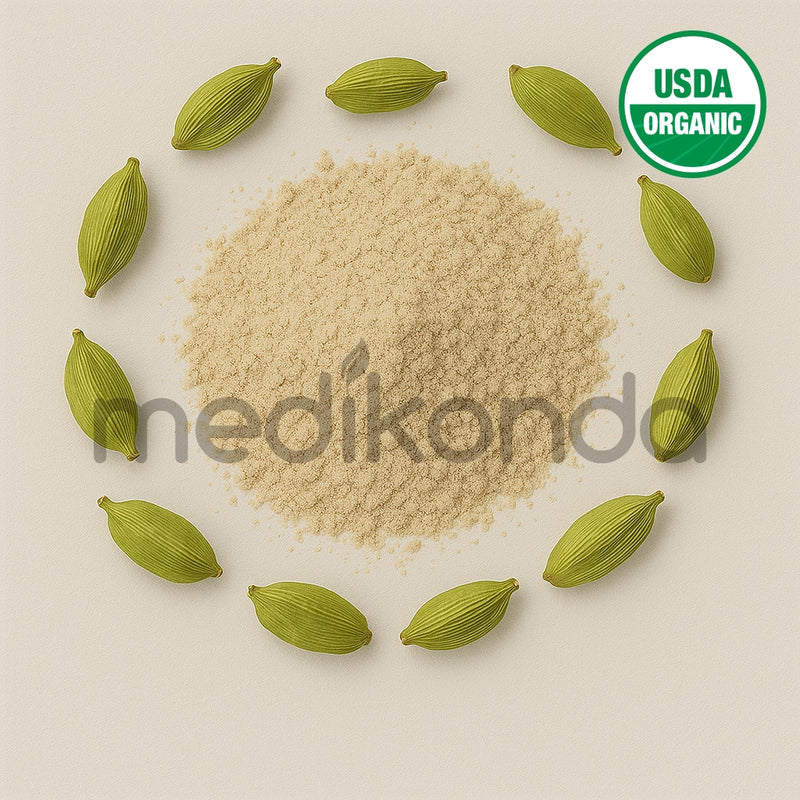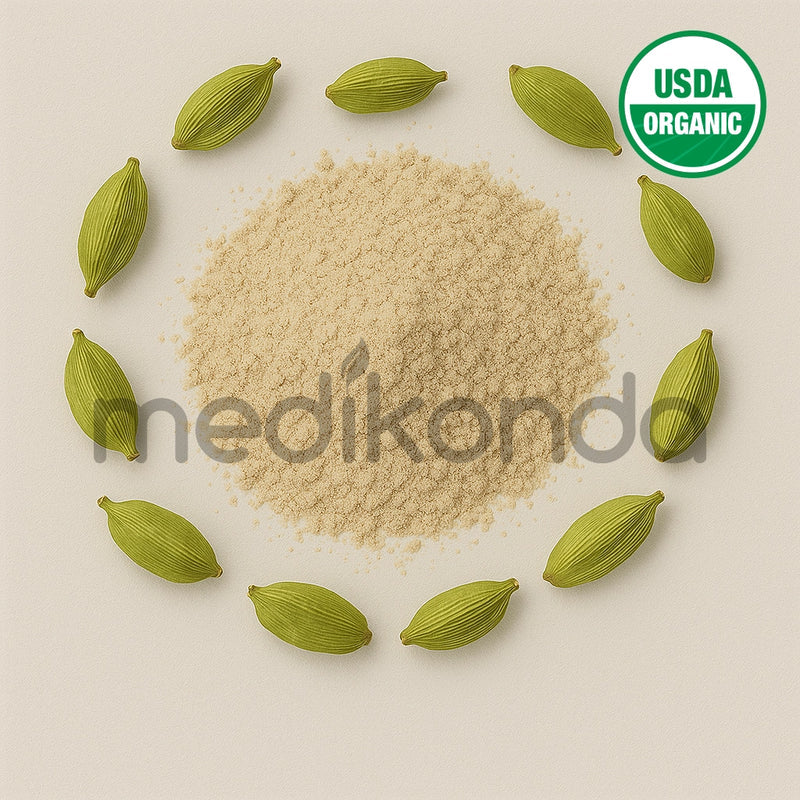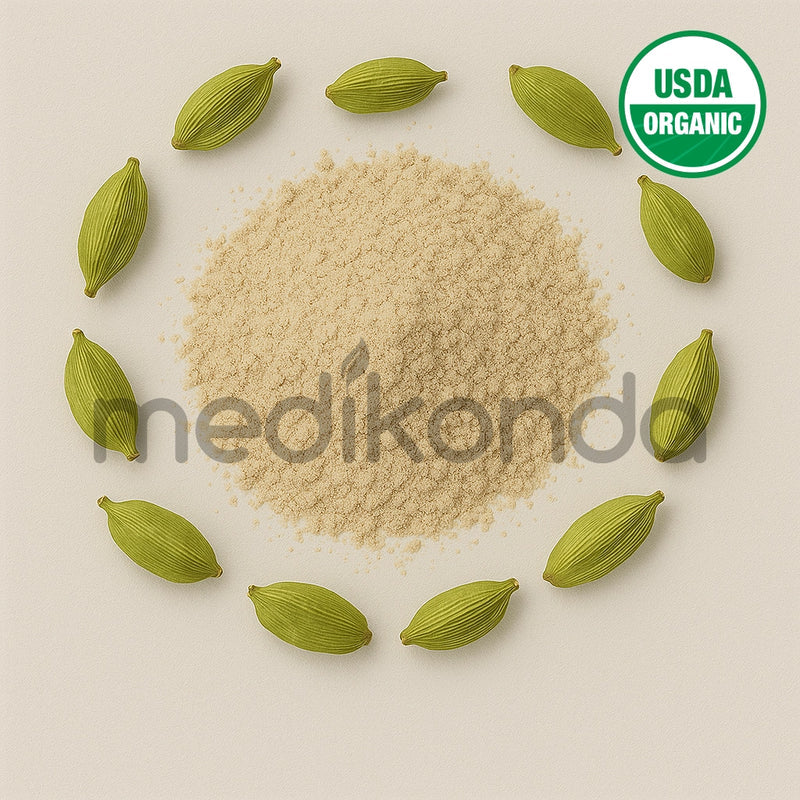Add description, images, menus and links to your mega menu
A column with no settings can be used as a spacer
Link to your collections, sales and even external links
Add up to five columns
Add description, images, menus and links to your mega menu
A column with no settings can be used as a spacer
Link to your collections, sales and even external links
Add up to five columns
LOOKING FOR BULK INGREDIENTS PRICING?
GET INSTANT QUOTEwhat ingredient are you looking for?

Benefits of Vitamin B6 (Pyridoxine HCL) - Wholesale B2B Bulk Suppliers in Australia and New Zealand
Vitamin B6 (Pyridoxine HCL): The Versatile Vitamin for Metabolism and Brain Health
What is Vitamin B6 (Pyridoxine HCL)?
Vitamin B6, commonly available as Pyridoxine Hydrochloride (Pyridoxine HCL), is a water-soluble vitamin that plays an essential role in a wide range of physiological functions. It is one of the eight B-complex vitamins and is crucial for metabolism, neurotransmitter synthesis, and immune system function.
Pyridoxine HCL is the stable, synthetic form of vitamin B6 widely used in dietary supplements and fortified foods due to its effectiveness and bioavailability.
Biological Role of Vitamin B6
Vitamin B6 acts as a coenzyme in many enzymatic reactions, particularly in:
-
Amino acid metabolism
-
Neurotransmitter synthesis (such as serotonin, dopamine, and GABA)
-
Glycogen breakdown for energy release
-
Hemoglobin production
-
Immune system support
It supports over 100 enzymatic reactions vital to maintaining health and wellness.
Health Benefits of Vitamin B6
1. Enhances Brain Function and Mood
Vitamin B6 helps produce neurotransmitters that regulate mood and cognitive function. It may alleviate symptoms of depression, anxiety, and improve memory and focus.
2. Supports Metabolic Health
By aiding amino acid metabolism, vitamin B6 helps the body utilize proteins effectively for muscle repair, energy production, and overall metabolic balance.
3. Boosts Immune System
Vitamin B6 is vital for the production of antibodies and maintaining a healthy immune response.
4. Reduces PMS Symptoms
Pyridoxine has been shown to reduce premenstrual syndrome (PMS) symptoms such as mood swings, irritability, and bloating.
5. Promotes Heart Health
It helps regulate homocysteine levels in the blood, an amino acid linked to cardiovascular disease risk.
6. Supports Red Blood Cell Formation
Vitamin B6 is involved in hemoglobin synthesis, helping prevent anemia and fatigue.
Dietary Sources of Vitamin B6
You can find natural vitamin B6 in:
-
Poultry, fish, and beef
-
Potatoes and other starchy vegetables
-
Bananas
-
Fortified cereals and whole grains
-
Chickpeas and other legumes
Pyridoxine HCL Supplements
Pyridoxine HCL supplements are commonly used to:
-
Treat or prevent vitamin B6 deficiency
-
Support nerve health (e.g., in diabetic neuropathy)
-
Enhance overall energy and metabolic function
Available in tablets, capsules, and sometimes combined with other B vitamins, it offers an effective way to maintain adequate vitamin B6 levels.
Recommended Dosage
-
Adults typically require 1.3 to 2 mg daily depending on age and gender.
-
Higher therapeutic doses may be used under medical supervision for specific conditions.
Deficiency Symptoms
Vitamin B6 deficiency may lead to:
-
Fatigue and irritability
-
Peripheral neuropathy (tingling, numbness in limbs)
-
Depression or confusion
-
Weakened immune response
-
Seborrheic dermatitis
Deficiency is rare but can occur in individuals with malabsorption issues, alcoholism, or certain medications.
Safety and Precautions
Pyridoxine HCL is generally safe when taken at recommended doses. However, excessive intake (above 100 mg/day) over long periods may cause nerve damage or sensory neuropathy. Always follow dosing guidelines and consult a healthcare professional before high-dose supplementation.
Final Thoughts
Vitamin B6 (Pyridoxine HCL) is an indispensable nutrient supporting everything from energy metabolism and brain health to immune function and heart wellness. Whether through diet or supplementation, ensuring you get enough vitamin B6 can help you maintain vibrant health, balanced mood, and optimal physical performance. It truly is a versatile vitamin with far-reaching benefits.
For bulk orders and inquiries, visit Medikonda Nutrients - Vitamin B6 (Pyridoxine HCL)
Medikonda Nutrients is the Largest Manufacturer, B2B Bulk Wholesale Supplier of Vitamin B6 (Pyridoxine HCL) in Australia and New Zealand.
Also in Medikonda: Health & Wellness
SUBSCRIBE NOW ...
Don't miss to get latest updates on sales, new releases and promotions




